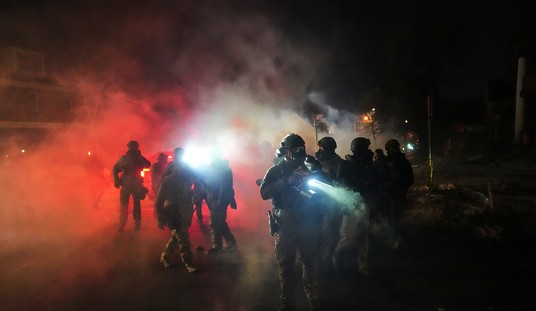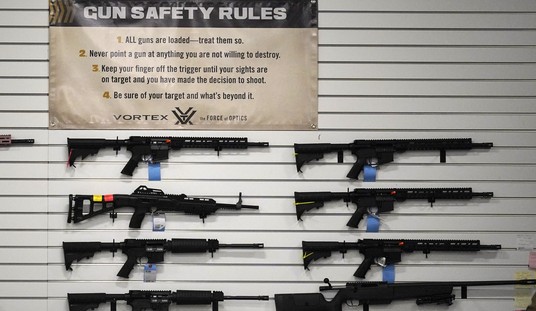Few people disagree that gun fatalities are bad. After all, people losing their lives prematurely is typically a tragic thing. No one disputes that.
However, one of the problems we run into with gun deaths is that so many people like to compare the United States to other countries, countries with serious and profound differences from the United States.
Take this bit from a recent story:
A study on gun deaths in the top 23 high-income countries published in the American Journal of Medicine before the pandemic documented the disparity between the United States where killings continue to rise, and these other nations where such deaths continue to drop.
With less than half the population of the other 22 countries combined, the United States accounted for 82% of total firearms deaths.
See, here’s what the author either fails to understand or failed to note: None of those comparisons matter.
First, let’s understand that gun fatalities are only one category of death by a given weapon. It stands to reason that a nation with more guns is likely to have more gun fatalities than nations with few guns in circulation. You can’t kill someone with a gun, even yourself if there aren’t any guns.
However, studies like this take a snapshot and pretend it’s the whole picture.
For example, what about the rates of fatalities with non-guns? That can be particularly telling in many ways. Some of those nations may have had much higher homicide rates with knives than we do, which shows that gun control doesn’t necessarily prevent murders.
On the flip side, they may have much lower homicide rates with all weapons, which suggests there’s more going on than guns.
Now, I’ve looked at some of these rates in the past, and what I found was that the murder rates were lower than ours regardless of weapon type.
This brings me up to another difference between these nations and the US, namely cultural issues.
Most of these nations don’t have a dozen or more cultures trying to co-exist within the same borders. That may well account for many of the issues which result in higher numbers of gun fatalities.
See, most of these nations are generally monocultural. They have an overriding culture with some smaller subcultures that exist within that framework. British people are British. French people are French, and so on.
Yet when you look at a group that refuses to assimilate to the culture that surrounds them, you have issues.
Here in the United States, though, we don’t really try to make anyone assimilate anymore. We celebrate those differences and encourage people to follow their own culture. Whether that’s good or bad really tends to depend on the culture.
Italians who move to the United States and continue acting like Italians are, for the most part, not an issue. The same is true of most from Japan or South Korea, for another couple of examples.
Yet if the culture in question–either an ethnic culture or a subculture originating here in the US–has no respect for the rule of law, we have a problem. It’s especially problematic when you can’t actually address that subculture because to do so is “racist.”
Because of this, though, comparisons to other wealthy nations are less than meaningless. You can’t take a single metric and honestly think this makes all these nations just the same. It’s moronic.
Unfortunately, anti-gunners often do just that. They take this information on gun fatalities and try to make it seem like we’re just falling behind on guns. They ignore the other profound differences that exist between us and these other nations as if they simply cannot matter.
Well, they do, so stop it.








Join the conversation as a VIP Member